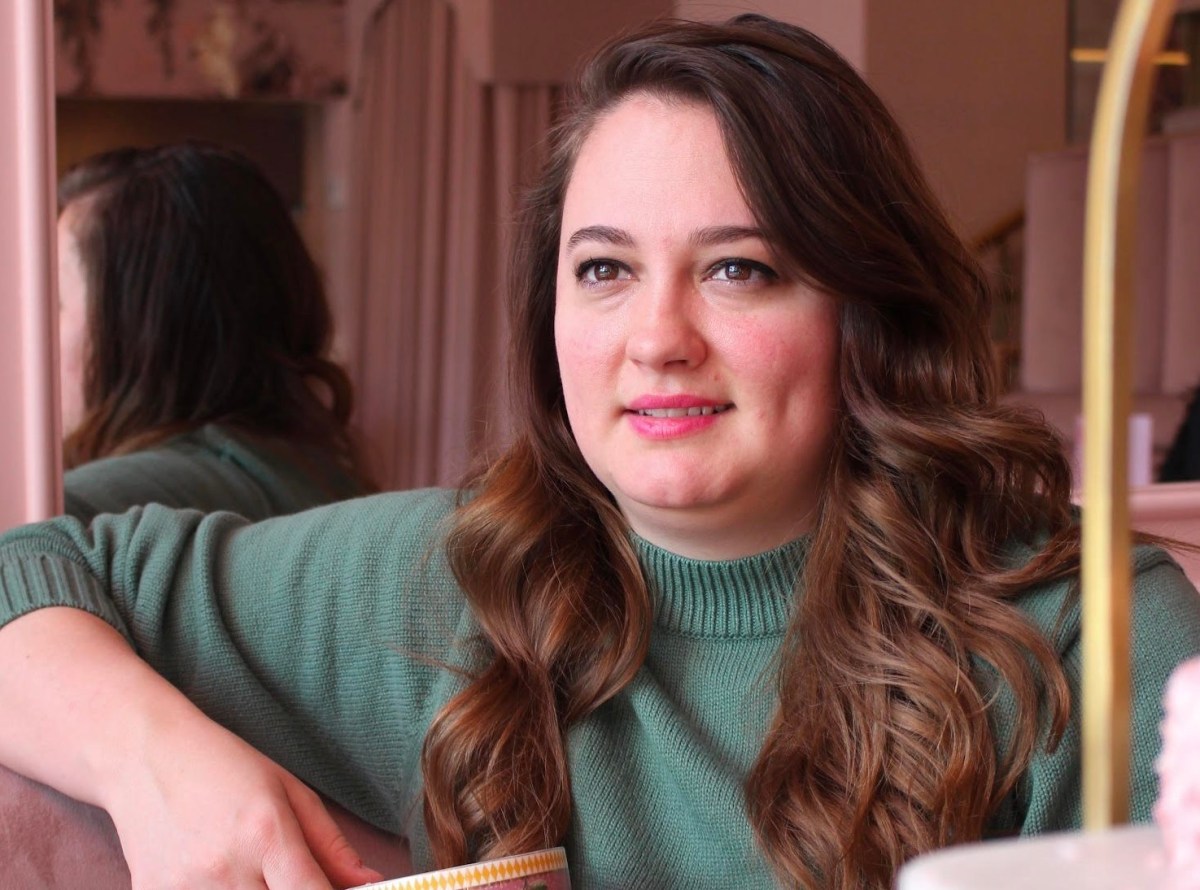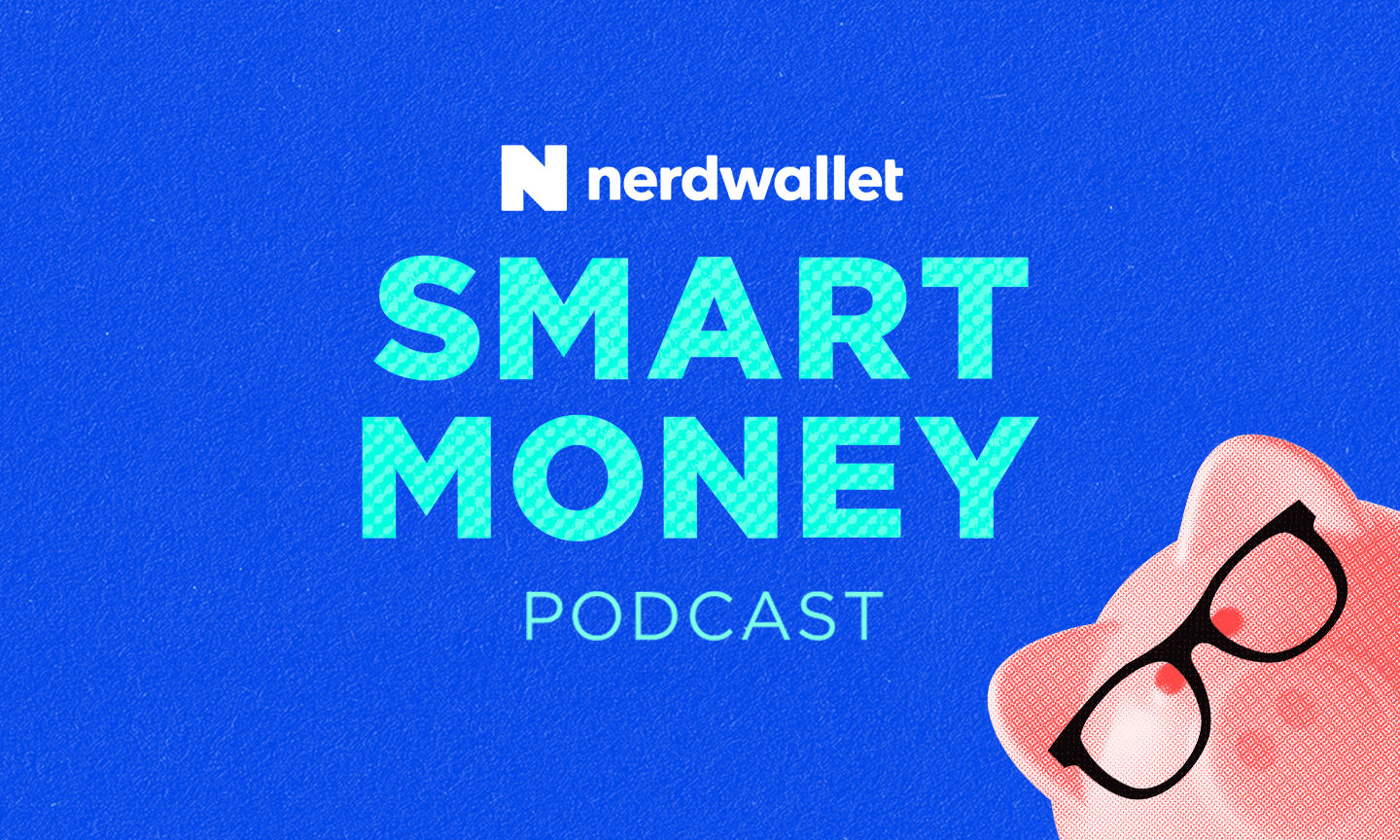GamesBeat is excited to partner with Lil Snack to have customized games just for our audience! We know as gamers ourselves, this is an exciting way to engage through play with the GamesBeat content you have already come to love. Start playing games here.
Games for Change announced the winners of its Special Awards today, including its most recent Vanguard Award. This year, the award goes to Alyssa Sweetman, currently the director of strategy at Player 2 and founder of Ideation Forge. Sweetman was also the program manager for social impact at Twitch. According to Games for Change, they chose Sweetman for the award thanks to her tireless efforts to foster positive change and inclusivity in the industry.
The Vanguard Award, says GfC founder Susanna Pollack, goes to people who are leaders in their field and exemplify the organization’s core values. Previous recipients include Snowbright’s Grace Collins, TakeThis’s Eve Crevoshay, AbleGamer’s Mark Bartlet and Gay Gaming Professional’s Gordon Bellamy.
Sweetman began working in the social impact-through-gaming space in college, when she joined a Twitch-based gaming team raising money for veterans. She also established Gallant Gamers, a content creation team focused on fundraising and positive community. Sweetman worked as a second-grade teacher before being hired by Twitch in 2017. While there, she launched initiatives for Black History Month and Women’s History Month, also partnering with the 1000 Dreams Fund to establish the BroadcastHER Grant. She also expanded the Women’s Employee Resource Group across several of its offices.
GamesBeat got the chance to speak with Sweetman about the award and her work in the industry. Here’s an edited transcript of our interview.
GB Event
Countdown to GamesBeat Summit
Secure your spot now and join us in LA for an unforgettable two days experience exploring the theme of resilience and adaptation. Register today to guarantee your seat!
Register Here
GamesBeat: Congratulations! How do you feel about receiving the Vanguard Award?
Alyssa Sweetman: Admittedly, a little shocked knowing some of the past recipients. When you do work like this at a company or even independently, you’re thinking about what you’re doing and all the people who are helping you, so it was a shock to receive it. It really made me reflect on my time at Twitch and all the incredible people who helped with the work I did and the journey I was on.
GamesBeat: Since you mentioned your work at Twitch, can you tell me about how you got here and maybe a little bit about what you learned along the way?
Sweetman: Many people don’t know this, but I was a second-grade teacher before I joined Twitch, and when I was in college, I was organizing online communities. That’s how I met my former boss, Andrew Schroeder. That’s how I got started in online space and organizing. It was originally around fundraising for nonprofits and providing space for military veterans. While teaching, I kept up with my hobby of doing awesome stuff online. None of the other teachers played video games, so they’d ask me, “What’d you do this weekend?” And I’d say, “I played video games and did this for charity.”
When Twitch was looking to expand how they supported creators who do good on the platform, Andrew Schroeder reached out to me via a Twitter DM. He asked me to apply for the role, and I had never considered working in tech or games or Silicon Valley. I interviewed, saying, “Oh, I’m not going to take it, I jut want to see the office.” When I got the job offer, I was very shocked, then thought, “You know, I can always go back to teaching.” That’s how I got to Twitch. While I was there, it started with charity fundraising and helping creators and nonprofits figure out how to work together.
But very quickly it also turned into something more. I helped Twitch launch Black History Month. I’d never done any DEI work prior to Twitch — it was a learning curve. I launched Women’s History Month with Twitch, along with partnering with a nonprofit to give a grant to women in games who also stream. That one I’m really proud of! It’s super-awesome to see that that program is still going with that nonprofit: 1000 Dreams Fund.
Twitch has so many users and everything is so public. There was always something to do or learn. One of my biggest lessons was that when you do work that’s focused on social good or making things better, you’re also competing with business priorities. And your coworkers who don’t do the same work as you are your biggest allies. Getting your coworkers on board, helping them feel included in the work was the best opportunity for getting things done. I wouldn’t have been able to do anything that I did at Twitch without all of the incredible people across different teams: The technology teams, the marketing teams, the sales teams.
GamesBeat: You’ve done a lot of work to create positive change in the industry, as well as providing tools for people to create positive change themselves. How do you think the industry has changed since you started?
Sweetman: In the best way, we’re talking about it more. It’s no longer the uncomfortable thing in the room to say, “Hey, that might not come across the way you intended. Maybe that might come across a little sexist or racist.” Before, those weren’t easy things to bring up in meetings, and I find it’s much easier because people want to know before things go out the door how things might be perceived.
On the flip side, at the height of 2020, everyone was hiring CSR, DEI, social impact professionals, but they often hire one or two people to manage large programs across many cultures and they don’t give a lot of resources. It always has to be borrowed or done with other teams, and it is always prioritized as, “Can we do just enough?” The next step is to realize that doing good work is profitable. The research has been around since the 70s that a company that stands for things, and does things for the benefit of the public good is more profitable.
GamesBeat: Regarding your work on Twitch, what are some of the benefits and challenges of charitable endeavors in the online creator space?
Sweetman: There is a general mistrust around nonprofit work. “How is a nonprofit spending money? Are you really fundraising?” I’m glad that platforms like Tiltify and Streamlabs Charity exist where creators can fundraise directly. In the early days of fundraising, I think it was easy because it was novel, but the space has matured a lot. Creators have to put in more effort, think about the nonprofits they’re fundraising more deeply than before. I think now, after 2020, which had record fundraising across the board, people are being a lot more conscious about it.
GamesBeat: What does the Vanguard Award mean to you and how do you think it reflects on the work you’ve done?
Sweetman: I think the award is a reminder that, even if the work can feel thankless or like you’re not doing enough, you can take a moment to reflect. We’re always working on the next thing, but we don’t often take time to pause and think, “This is how far we’ve come and what we’ve accomplished.” It’s an opportunity to think about the people who put in effort to make these things happen. That’s really heartwarming! It’s really easy to get bogged down in the things we didn’t do, or what still needs to be done, but we have come so far with so many people’s help.
GamesBeat: Out of all the different endeavors you’ve been part of, which one are you most proud of?
Sweetman: In 2019, I pitched an idea for Twitch to launch a product for creators to tell Twitch who they are, their demographics. There wasn’t as much appetite for that kind of project, and when 2020 happened, after the murder of George Floyd, I had already prepared that project. When everyone was mobilizing, I had a gentleman, Jason, on the technical team reach out to me. He rewrote it in a technical project to get it out the door. The reason I’m so proud of that is that, in business, if you don’t set goals and don’t measure it, it doesn’t really matter what you do. Even when you’re doing things for good, if you’re just doing things to do them, that’s the wrong approach. You still have to be intentional, measure and set goals. I think it’s called the Streamer Survey.
GamesBeat: You mentioned that you’re trying to help people in the industry see that doing good can benefit them. How do you think the games industry can lift itself out of this not-so-great period in its history?
Sweetman: That’s a really tough question. One element that games companies can do is take a much harder stance against intolerance. Games have the opportunity to tell incredible stories. All forms of media do such a great jobs at changing hearts and minds and creating empathy. Games have the opportunity to normalize so many things through incredible story-telling.
GamesBeat: What would you say to somebody starting out in the content creation space who wants to do good for the world?
Sweetman: A lot of folks think you have to market yourself as a do-gooder. People need to see all kinds of examples of how people create good in the world. Sometimes leading by example and setting strong boundaries can be really great. Saying, “I don’t know the answer, but I’m learning from these other creators.” I think by setting clear examples, we can go a lot further. People don’t have to go all-in and make it their whole personality. You can be a good example and stand for something, but still choose when you want to stand up.
GamesBeat: What do you think is next for you?
Sweetman: I have taken a look at what I want to do with my career. I’ve been trying to reposition myself into more than just “the charity expert.” You don’t have to hold a “Designated Do Good” position within a company to do positive things. I’m enjoying all the game communities I’m apart of, and I love building online communities. I’m also making a visual novel with some friends. My long-term dream is to have a hobbyist game dev group where we make shorter games with great stories and do it in our spare time.
GB Daily
Stay in the know! Get the latest news in your inbox daily
Thanks for subscribing. Check out more VB newsletters here.
An error occured.


